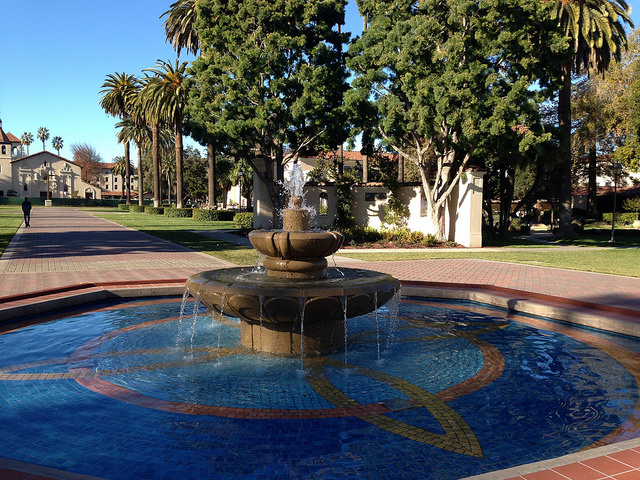During a recent talk to high schools, Peter V. Johnson, Dean of Undergraduate Admissions at Columbia University stated elegantly:

“We do not admit statistics to an institution. We admit people to an educational community.”
His statement defines college fit which we have been hearing more and more about these days.
Student perspective on College Fit
There are 2 sides to this “college fit” coin. Dean Johnson intimates the importance of fit from the college’s side. On the other side of this coin, the student can select colleges based on fit. While I don’t have a pithy quote like Dean Johnson, I will share three aspects of college fit from the student’s side.
Three aspects of college fit that students can consider when developing their list of colleges are
- Academic fit
- Social/cultural fit
- Financial fit
Questions to ask about these components may include:
- Academic – Does this college have my major interest?
What are the required courses for graduation?
How long will it take me to graduate based on the course offerings and schedule? - Social/cultural – Will I fit in?
Can I get the type of support I need within this campus community?
What will I do on the weekends? - Financial – What available scholarships will make this college affordable for my family?
What financial sacrifices must I make to graduate from this college?
Am I OK with those financial sacrifices?
Students have the best chance of graduating on time when these areas of fit are considered up-front.
In the same way, colleges have the best chance of admitting students who will contribute to the quality of their communities when they ask the right questions about students upfront. If you want to see the questions that matter to a college, check out their essay questions. Those questions say a lot about the type of people they want to join their educational community!

